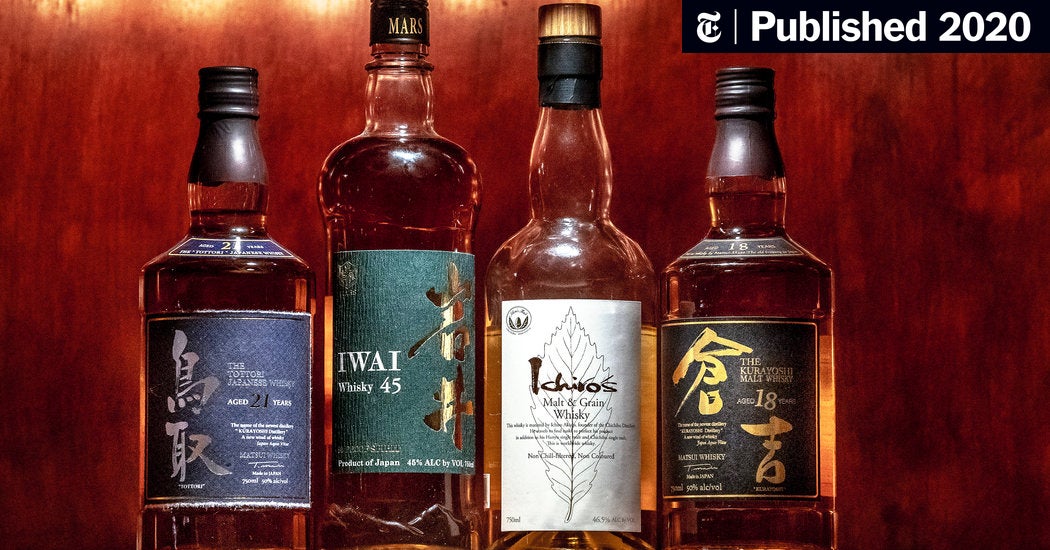Correct ... for scotch. Other countries have other rules.
Surely it can't be much further away than common sense I hope? The scotch rule seems pretty commonsensical. That said there was this article recently:

Some Japanese Whiskies Aren’t From Japan. Some Aren’t Even Whisky. (Published 2020)
Though the spirits have won praise and high prices, Japan has few rules for what those bottles should contain.
So nothing should surprise me
Avi




